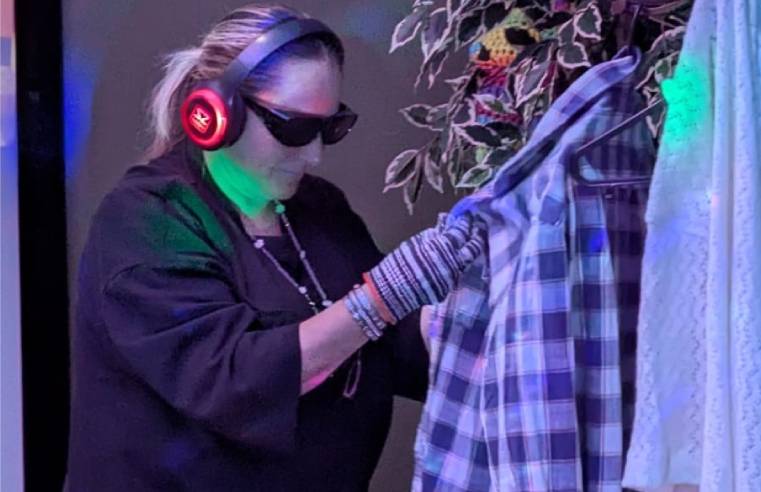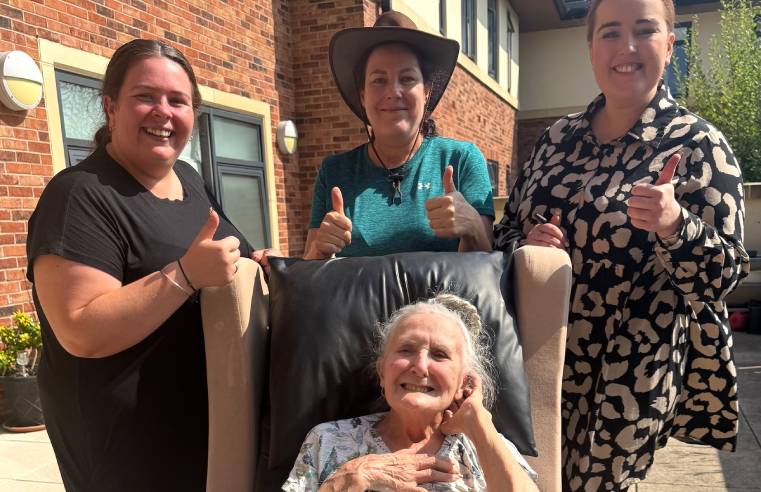Older people, children and people who are mentally unwell are being locked in cells due to a lack of health and social care provision, the police watchdog for England and Wales has found.
Her Majesty’s Inspectorate of Constabulary (HMIC) has published a report on the welfare of vulnerable people in police custody, following a thematic inspection commissioned by the Home Secretary last year.
HMIC, assisted by HMI Prisons, the Care Quality Commission and the Healthcare Inspectorate Wales, inspected five forces across England and Wales and three boroughs in the Metropolitan Police Service.
Inspectors found that a number of vulnerable adults and children were held in police custody because there were no other services available to support these individuals.
Police were called to one incident at a care home where a 90-year old man suffering from dementia had become violent towards staff and other residents. A police inspector spoke at length with the man and attempted to help him leave the scene but, because he would not go with the officer voluntarily and continued to be violent, he was arrested and taken into police custody where he was detained.
The report explains that although the police officer had no intention of pursuing charges of criminal damage against the man, he knew a health care place of safety would not accept him based on his violent behaviour. A medical and mental health assessment was carried out in the custody suite but the hospital had no spare beds.
As a result, the man spent the night a cell and was eventually taken to hospital in a police car, after custody staff escalated the case to senior officers and the NHS Trust.
However, the report also highlighted examples of effective partnerships between the police and care agencies. After a man with dementia frequently went missing, the police community beat manager met with his care support worker. This resulted in the man’s medication being changed and he was moved to more suitable accommodation with additional support. He had not gone missing since.
HM Inspector of Constabulary Dru Sharpling commented: “I think the public would be surprised to learn that police cells are very often full of vulnerable adults and children, rather than suspects accused of serious crimes.
“I am particularly concerned to find that on occasions when officers were left with no other option, they resorted to detaining vulnerable people in police custody in order to get them the support they needed.”
Sharpling added that while police custody provision requires improvement, it is not just the responsibility of the police to protect vulnerable people. “Each public service must fully discharge its responsibilities to ensure that police custody does not become the default option for vulnerable people in need of care.”

























